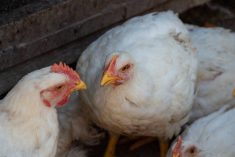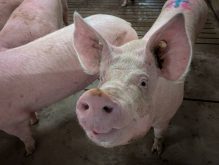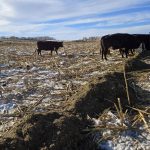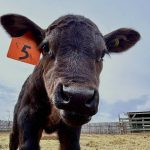A new study of Alberta deer hunters finds them less likely than expected to view chronic wasting disease (CWD) as a food safety risk.
The study, by University of Alberta rural economics student Natalie Zimmer for her master’s degree, is the first to examine CWD’s effects on sport hunting and rural communities from hunters’ perspectives.
Zimmer’s survey found 37 per cent of responding hunters eating deer meat before test results come back from provincial labs, and 75 per cent sticking to their usual hunting grounds, despite confirmed presence of CWD in local wildlife.
Read Also
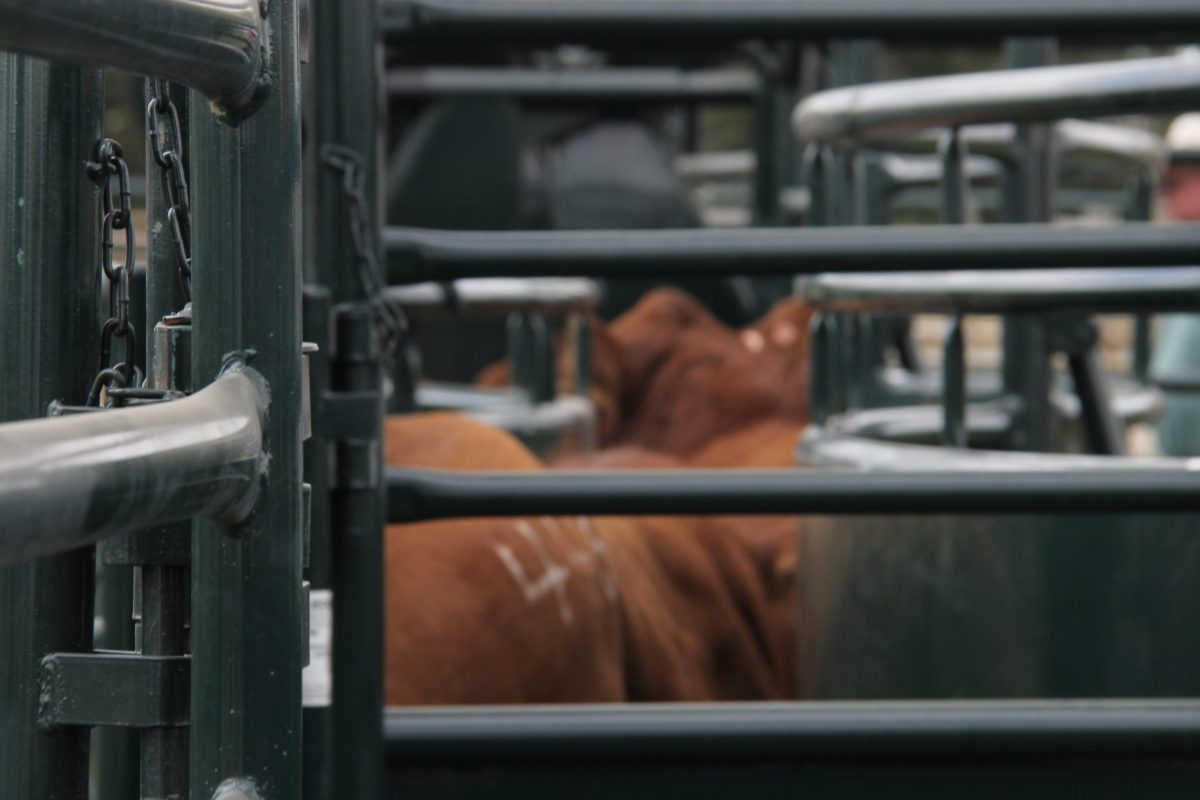
Klassen: Feeder market eyes fed cattle for direction
For the week ending February 14, Western Canadian feeder cattle prices were relatively unchanged compared to seven days earlier. The…
“They don’t perceive the threat as highly as we thought they would,” Zimmer said in a U of A release Tuesday.
Zimmer’s findings also showed CWD likely has a slightly negative effect on the economies of the rural communities in her study area, which included southeastern and eastern Alberta, where CWD cases are predominantly found.
The economic pressure on the communities “would be due to some movement in hunting trips away from the area,” she said.
CWD was first confirmed in Alberta’s mule deer and whitetail deer populations in 2005 and is now estimated to affect up to 1.6 per cent of the deer herds in Alberta.
CWD is one of the transmissible spongiform encephalopathy (TSE) group of diseases, which also includes BSE in cattle, scrapie in sheep and Creutzfeldt-Jakob disease (CJD) in people. Certain tissues of BSE-infected cattle, when consumed, are known to cause a variant of CJD.
That said, there have been no recorded cases of CWD transmitted to people, the U of A noted.




